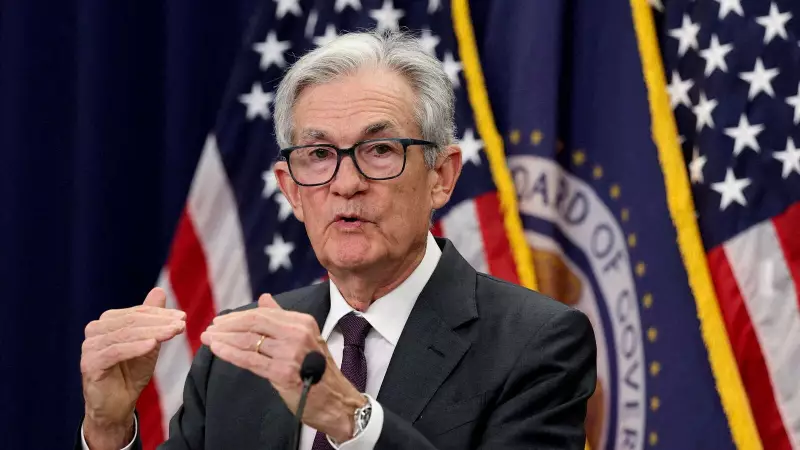
All eyes are on the United States as the Federal Reserve gears up for its highly anticipated policy meeting this week. Indian market participants are holding their breath, wondering how the outcome will ripple through Dalal Street and affect their investments.
Why Indian Markets Care About the Fed
The US Federal Reserve's decisions might seem distant, but they pack a powerful punch for Indian equities. When the Fed adjusts interest rates, it directly influences foreign institutional investment (FII) flows into emerging markets like India. Higher US rates typically make dollar-denominated assets more attractive, potentially drawing money away from Indian stocks.
What Market Experts Are Predicting
Most analysts expect the Fed to maintain its current hawkish stance, keeping interest rates steady at elevated levels. "The Fed is likely to emphasize that the fight against inflation isn't over," says market strategist Priya Sharma. "This could mean continued pressure on emerging markets in the short term."
Potential Scenarios for Indian Stocks
If the Fed Holds Steady (Most Likely Scenario)
Market stability is expected with some consolidation. Banking and IT stocks might see mixed reactions depending on the Fed's commentary about future rate cuts.
If the Fed Turns More Hawkish
Prepare for potential volatility. Sectors heavily dependent on foreign investment could face selling pressure, particularly in the mid and small-cap segments.
If the Fed Signals Early Rate Cuts (Unlikely but Possible)
This would be the dream scenario for Indian markets, potentially triggering a fresh wave of FII inflows and boosting sentiment across sectors.
Sectors to Watch Closely
- Information Technology: Highly sensitive to US economic conditions and dollar movements
- Banking & Financials: React to global liquidity conditions and interest rate differentials
- Export-Oriented Companies: Affected by currency fluctuations and US demand
- Small & Mid-Caps: Typically more vulnerable to foreign fund outflows
The RBI Factor
Remember that the Reserve Bank of India isn't simply following the Fed's lead. While global developments matter, the RBI's decisions will be primarily driven by domestic inflation trends and growth considerations. However, significant Fed actions do limit the RBI's policy flexibility.
Long-Term Perspective Matters
Seasoned investors suggest looking beyond the immediate Fed decision. "While short-term volatility is inevitable, India's strong economic fundamentals and domestic investor base provide solid support," notes financial advisor Rohit Mehta. "This isn't the time for panic selling but for strategic portfolio review."
As the Fed meeting unfolds, Indian markets are likely to experience some turbulence. However, experts recommend staying focused on company fundamentals rather than getting swept up in temporary market movements. The real opportunity often lies in maintaining discipline when others are driven by fear.





